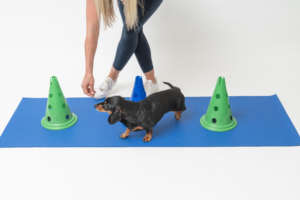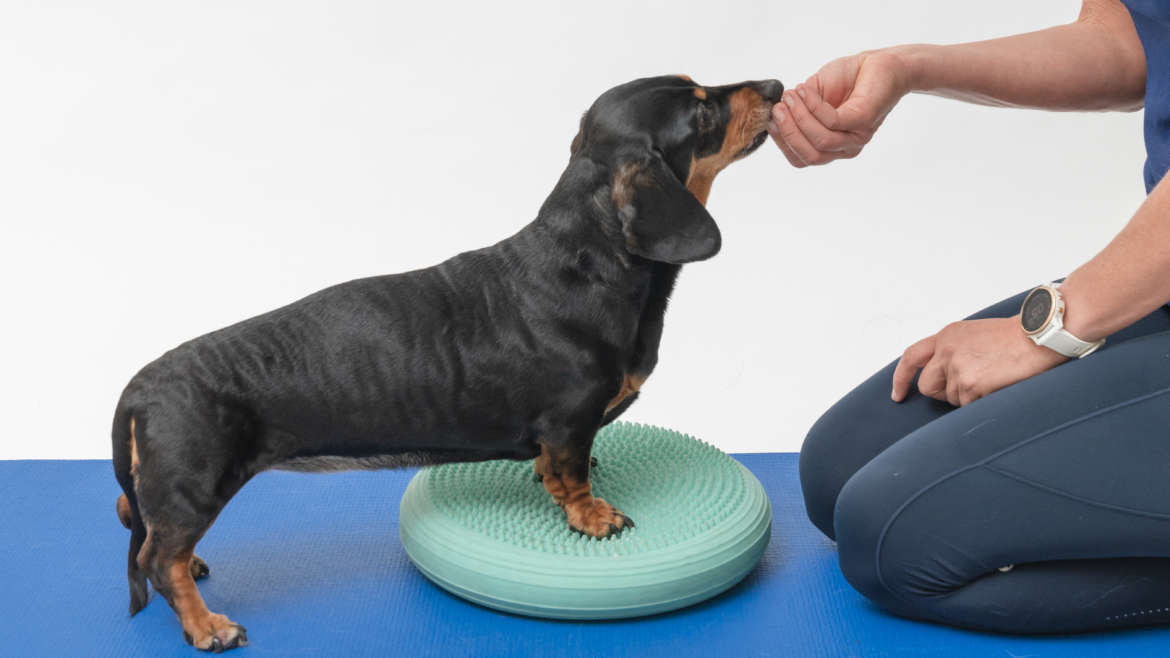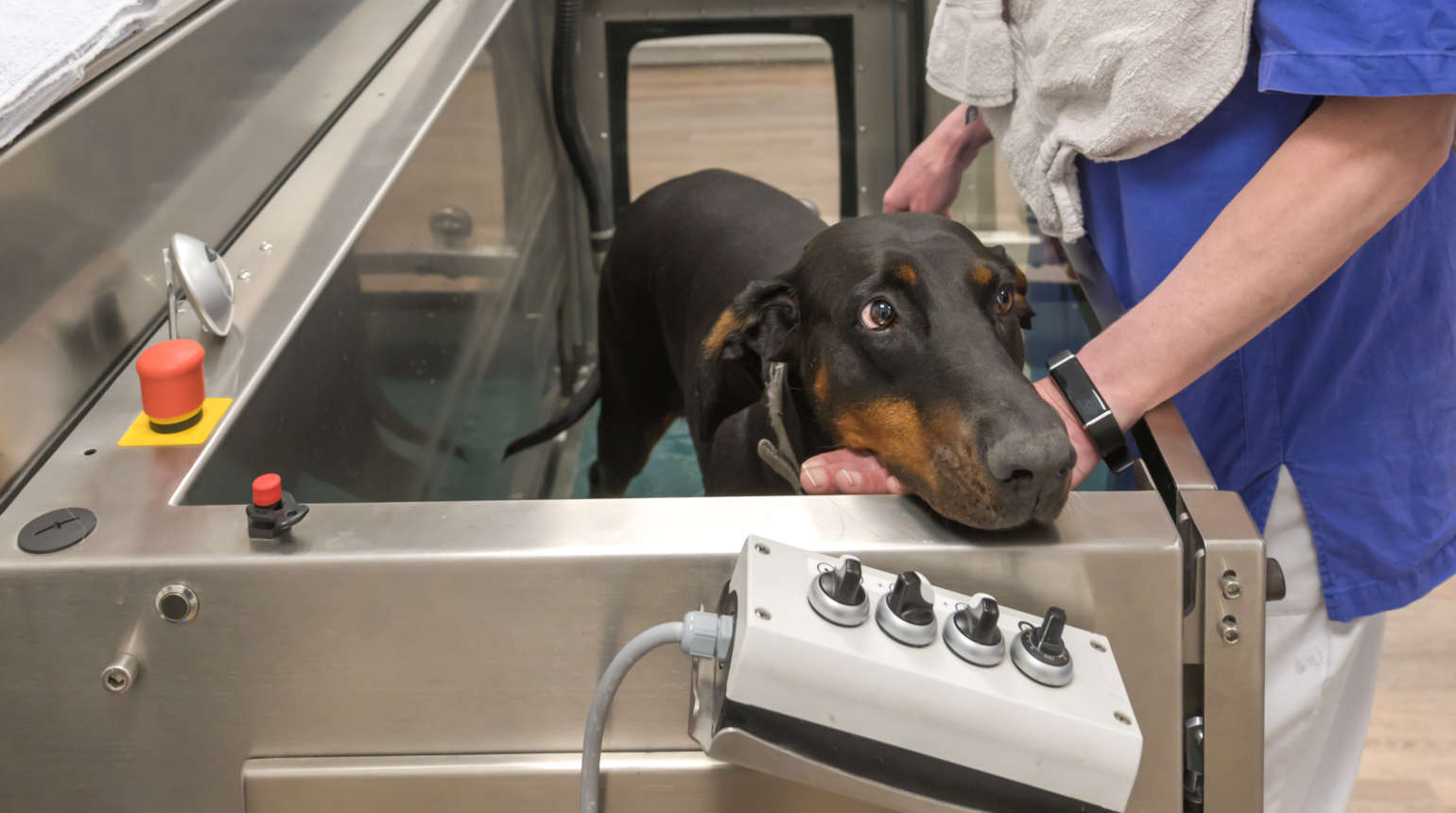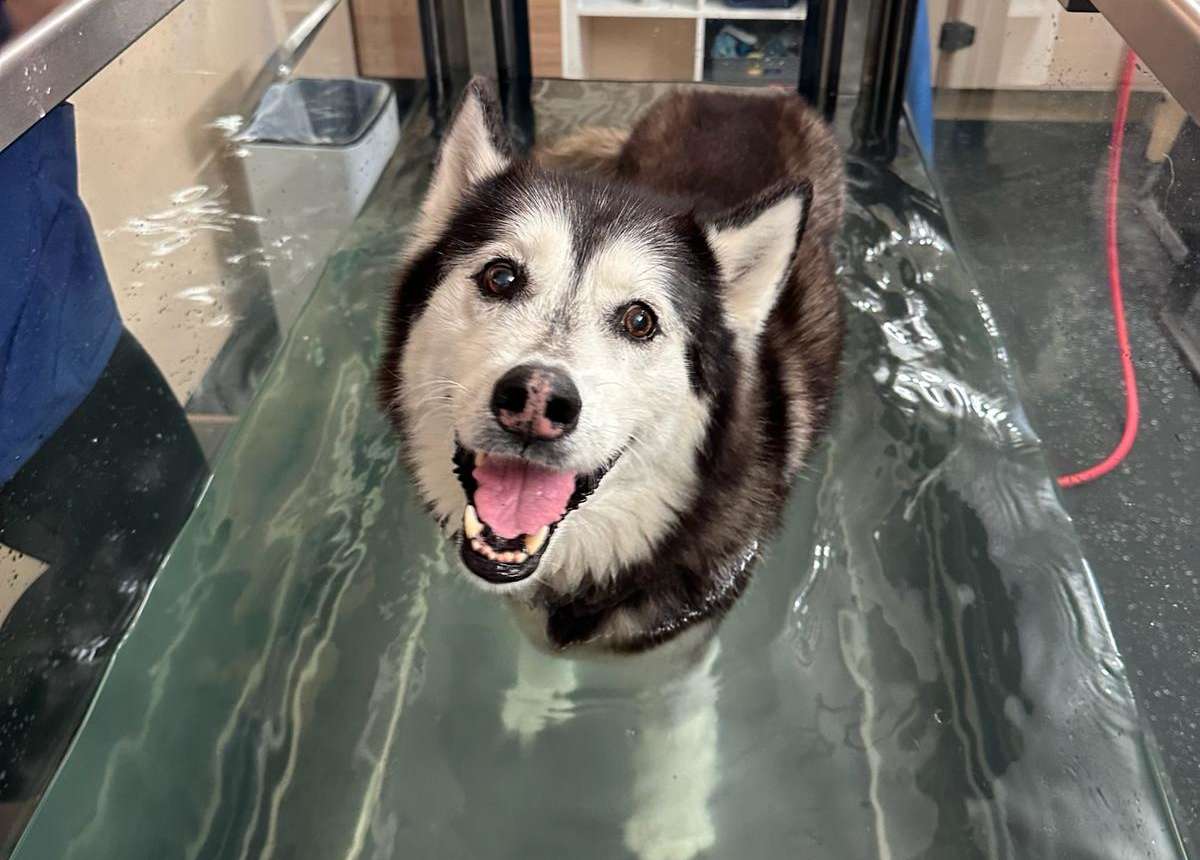Conservative Management of IVDD in Dogs: Can They Walk Again Without Surgery? A close look at current research.
Background
Intervertebral Disc Disease (IVDD) is the most common cause of sudden-onset paralysis in dogs, particularly in breeds like Dachshunds. Traditionally, surgery is the go-to treatment for nonambulatory dogs (those unable to walk), especially when they still have deep pain perception (DPP)—a strong indicator for recovery. In fact, about 96% of dogs with intact DPP recover after decompression surgery. But what if surgery isn’t an option?
New Insights from Recent Research
A 2024 prospective cohort study by Khan et al. from Queen’s Veterinary School Hospital took a different approach. It followed 72 small, non-brachycephalic dogs with thoracolumbar (TL) disc extrusion—51 with DPP and 21 without (deep pain negative, DPN)—who were treated without surgery.
What Did the Study Involve?
-
Dogs were hospitalised for up to 2 days
-
Owners then followed a 12-week conservative home care plan, including:
-
Pain management
-
Strict rest (cage confinement)
-
Short toilet walks and physiotherapy
-
-
Ongoing support was provided remotely (calls, emails, video reviews)

Key Findings
-
DPP Dogs: 96% (49 out of 51) regained the ability to walk
-
DPN Dogs: 48% (10 out of 21) recovered, though more slowly (median time: 25 weeks)
-
Spinal Compression: Most dogs showed spontaneous decompression over time
-
Cautions: 33% of DPN dogs developed progressive myelomalacia, a severe complication. Recurrence was seen in 3 dogs.
Why It Matters
This study offers evidence that, in selected cases, conservative treatment can be a viable alternative when surgery isn’t possible. It also reinforces the importance of monitoring closely for complications and maintaining clear communication with owners throughout recovery.

Take-Home Message for Vets, Physio’s and Pet Owners
-
Conservative management can work—especially in DPP dogs
-
Track progress and red flags carefully
-
Record-keeping is essential to guide treatment and refine future care
References
For full citations, see the original paper by Khan et al. (2024) and related research from Olby et al., Freeman et al., and others.



